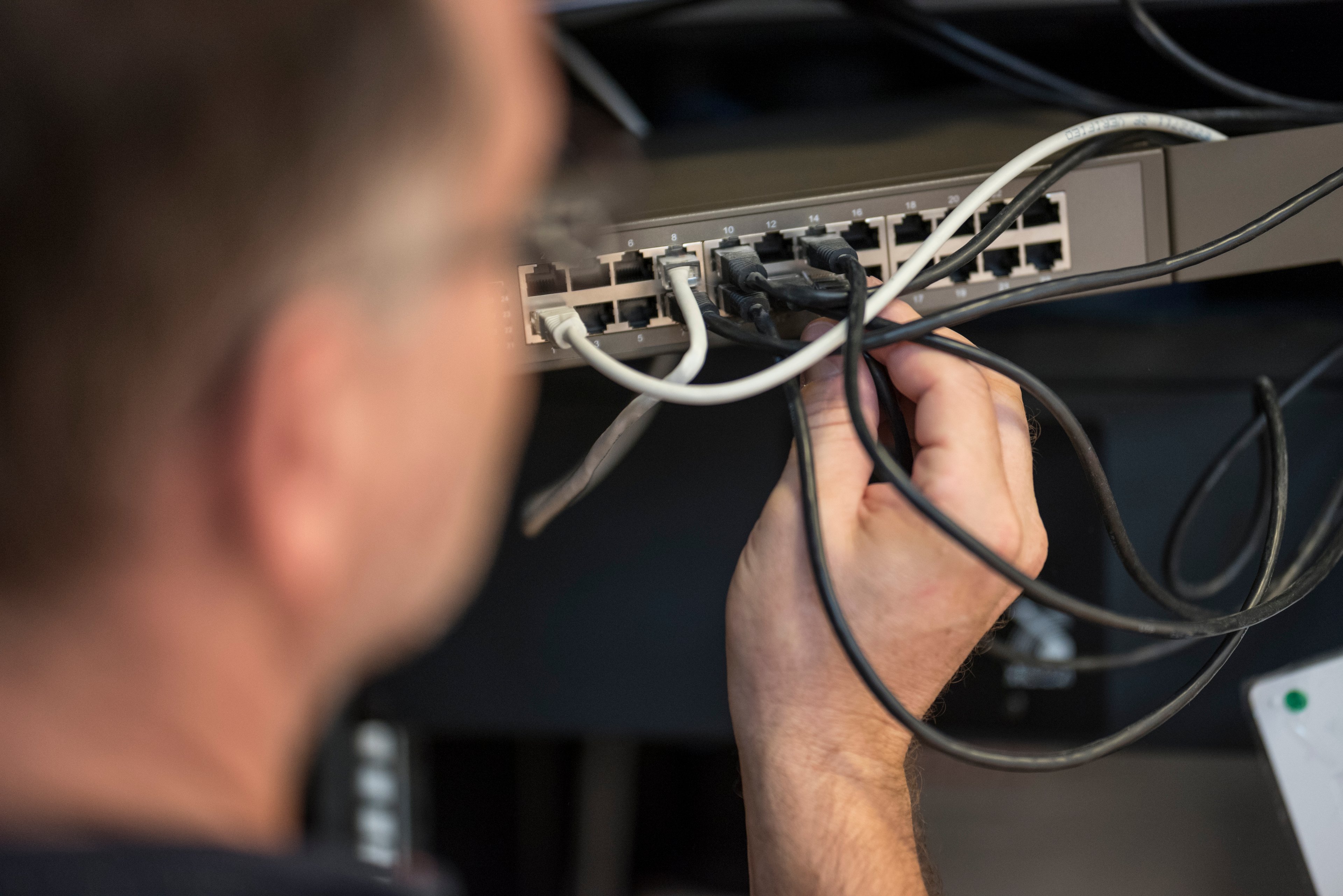Nokia's (NOK +1.88%) fall from its place of dominance in the mobile phone space has been well documented, both here and elsewhere. Once the leading name in the cellular phone market, the company finds itself today struggling to come to grips with a world where mobile computing represents the new norm and smartphones dominate the competitive landscape.
However, after it seemed like the market had given it up for dead, Nokia's shares have shown renewed signs of life over the last several weeks, rising an astounding 25% last week alone, fueled in no short measure by the supposed success of its recently launched Lumia 920 smartphone. Thanks to its partnership with Microsoft (MSFT +0.22%) , whose Windows Phone software powers the device, it now seems that Nokia might finally have won itself a seat at the table in the burgeoning smartphone market.
And although this seems encouraging, the competition has never been fiercer in the smartphone space. Apple (AAPL +0.17%) and Google (GOOG +1.55%) still sit comfortably atop the smartphone market with their dominant iOS and Android operating systems, respectively. However, a win from Nokia could help usher in the Windows Phone as a viable third option.
All this amounts to Nokia's shares looking tantalizing from one angle, with its seeming recent successes, but also fraught with uncertainty and risk. In order to help investors crystallize their thinking on the beleaguered smartphone giant, the Fool recently published a special research note on Nokia, which covers all of the essential information investors need to understand when looking at the Finnish smartphone maker. To introduce our readers to the product, we included a free excerpt from the report. If you find this compelling, you can just click here to access the report in its entirety. Enjoy.
Risks
Nokia's fortune lies within the broader success -- or not -- of Windows Phone 8 as a viable mobile ecosystem. Right now, the smartphone market is a two-horse race between the competing iOS and Android ecosystems. Windows, along with Research In Motion's once-ubiquitous Blackberry, are way behind the two leaders. Microsoft and Nokia are working closely to bring Windows Phone 8 into a strong third place, but we have yet to see robust consumer demand for these devices. To be fair, they are just now available to consumers, and the combination of high-quality hardware, extensive marketing, and committed support from carriers like AT&T and Verizon can improve consumer perceptions over time.
Even within the Windows Phone 8 space, competition is heating up. Nokia has to compete with high-quality handsets, most notably from HTC, which is launching its own lineup of colorful Windows phones. HTC's Windows Phone 8X came out of collaboration between HTC and Microsoft and is a signature device that features the Windows Phone brand in its name. While one could argue that multiple manufacturers making Windows phones can raise consumer awareness to the benefit of all participants, Nokia really needs to stand out as the premiere Windows phone provider since it does not have Android phones to fall back on.
The long transition from Symbian to Windows phones has been financially painful for Nokia, and its financial resources are diminishing. At the end of the September 2012 quarter, Nokia had $5 billion net cash on hand compared to almost $8 billion at the end of 2011. A recent 750 million-euro convertible bond offering helped bolster Nokia's cash balance. However, Nokia reported negative free cash flow over the last 12 months, and it does not have time on its side. It needs significant traction with its Lumia phones in order to stabilize its finances.









